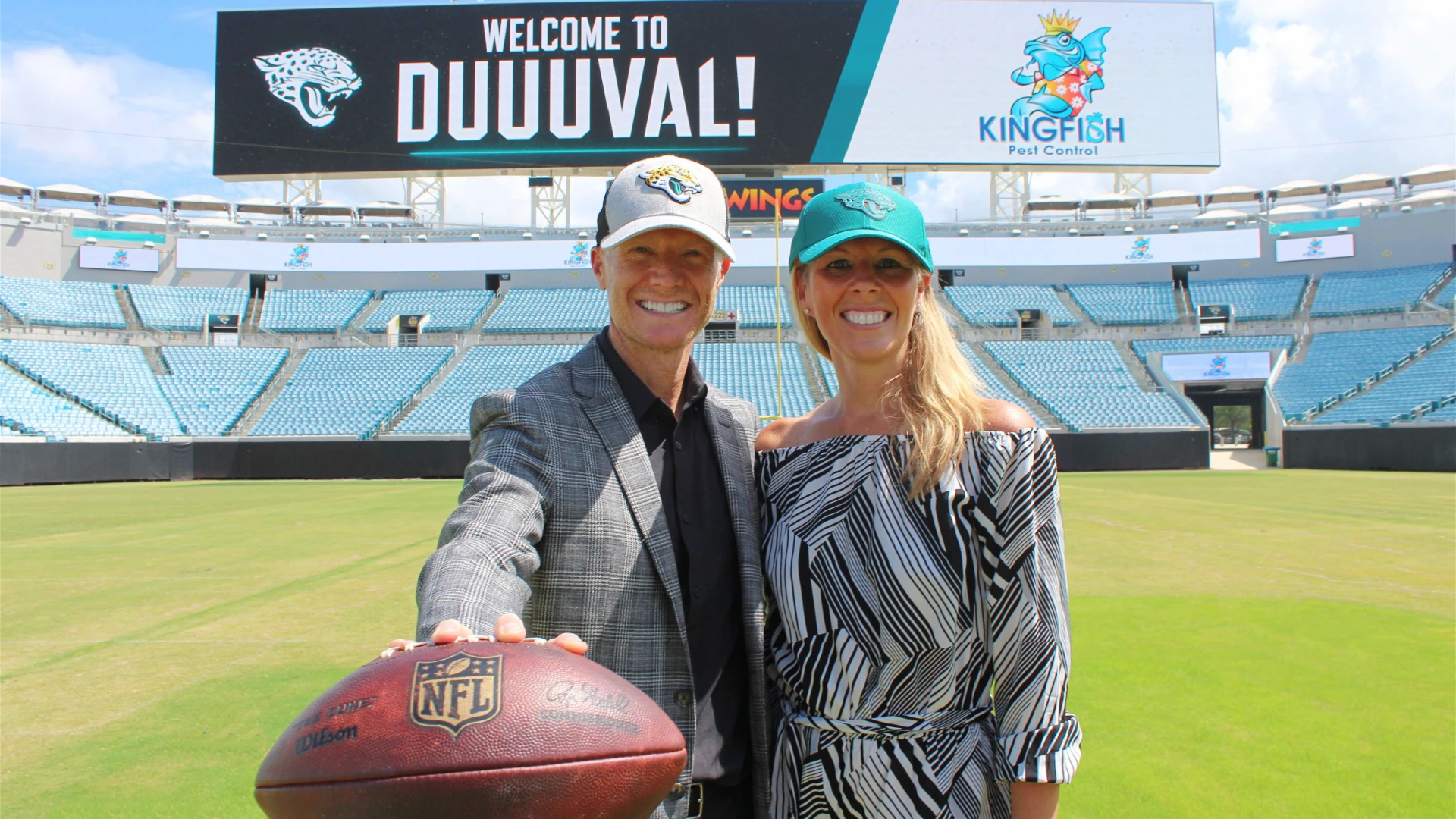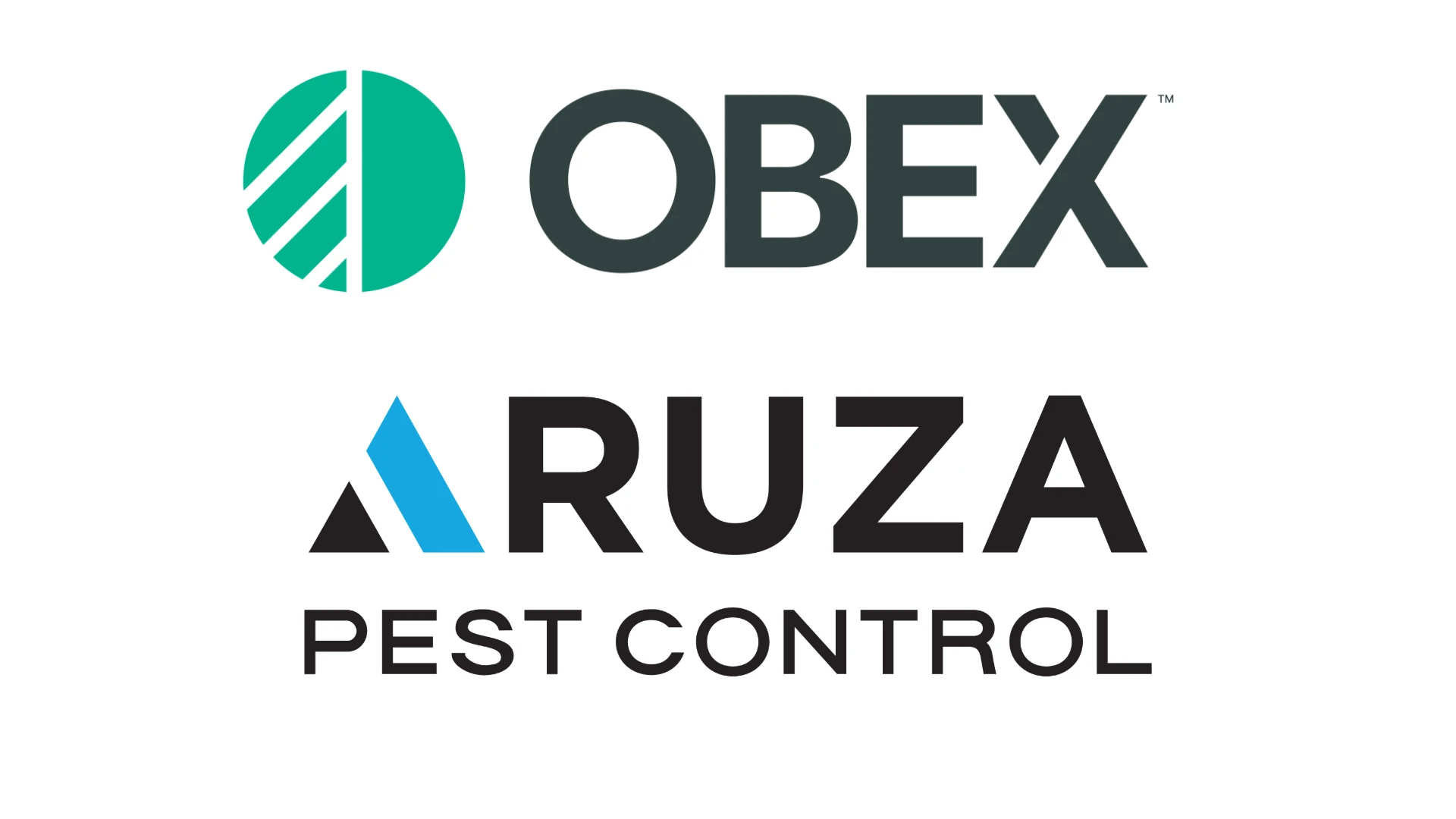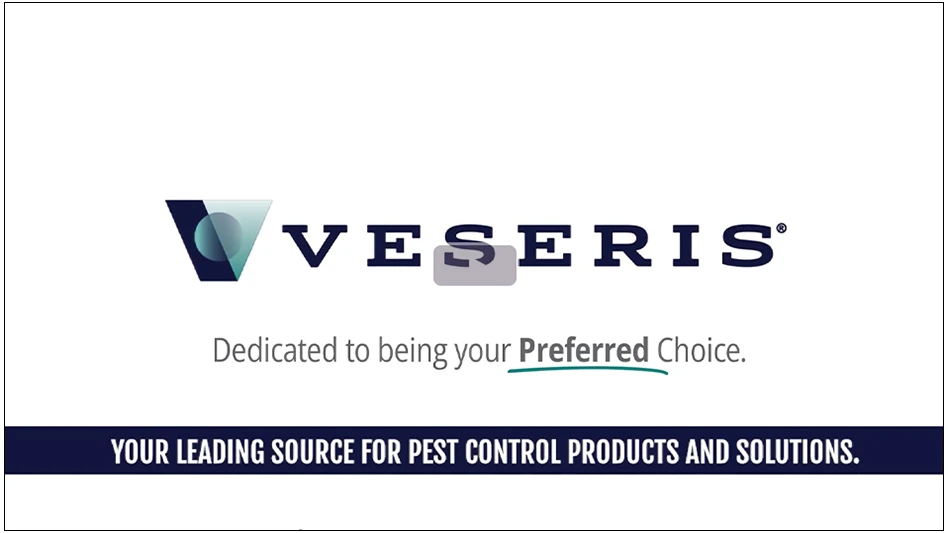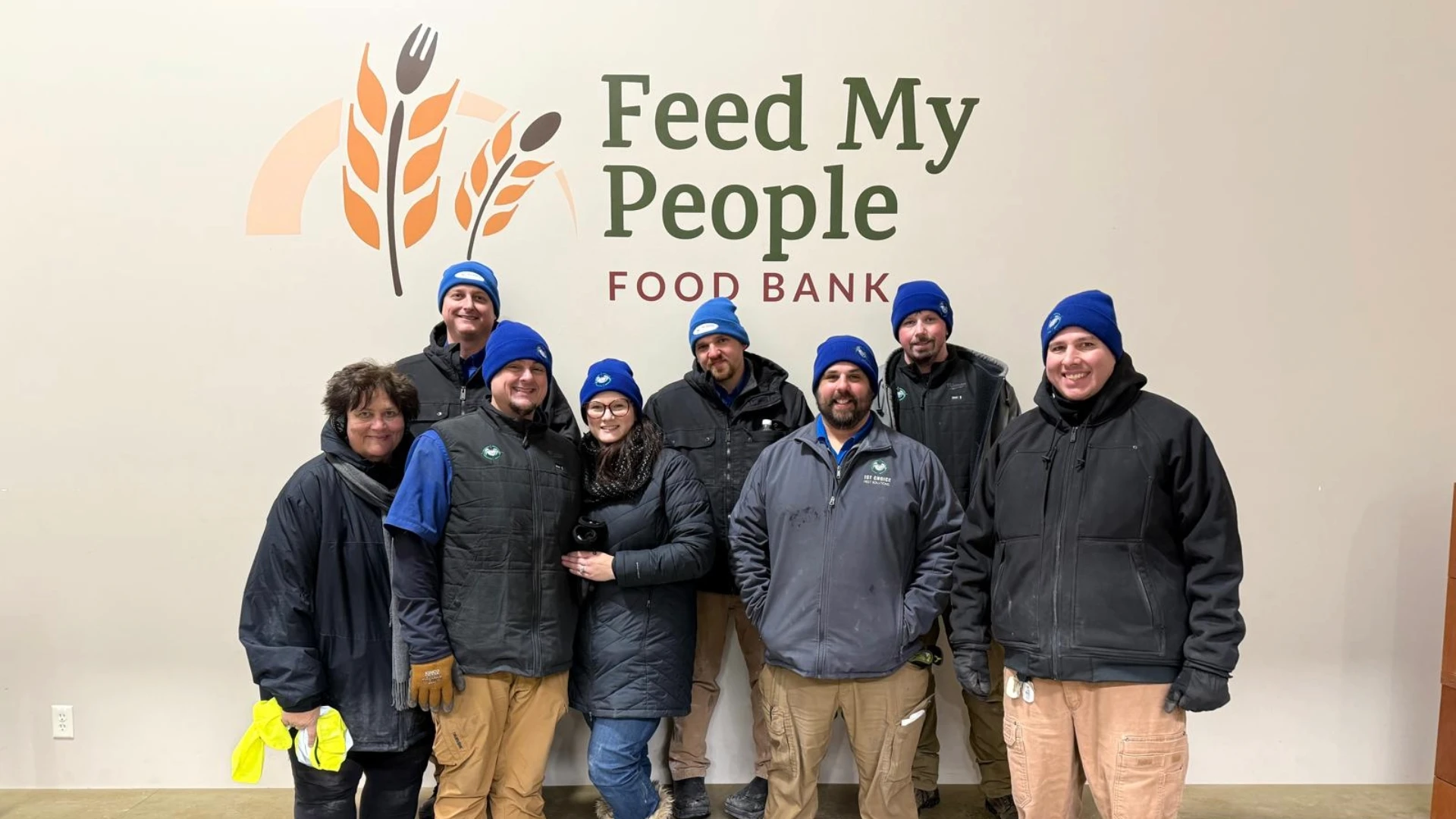I’ve owned or managed restaurants my entire adult life. Having a ‘bug man’ is a necessary evil, as far as I’m concerned. Bottom line — I don’t want pests of any kind in my place running off my customers or causing me grief with the health inspector." — Restaurant Manager
This quote is pretty much what food-handling professionals think about pest control. This has been my experience over the years. However, the real expectations are more complicated. If you manage the true needs of the client properly, this market segment can be very profitable for you and your company.
First, step back and look at the individual you will be dealing with. It probably will be the owner or general manager of the facility. These individuals have a full plate. They have supply acquisition to deal with, food storage to worry about, rotation of the product on hand, proper preparation of the food, portion control so the place makes a profit and then serving their customers so that they will come back for more.
Throw in their duties managing employees, buildings and grounds, and above all budget, and you have a complex job with a huge potential for problems that need to be handled quickly with little room for error.
What is expected of a PMP? What needs do we have to address? How can we be of service to the food industry? These are important questions to consider before you step foot in the door of a food service account.
There are five key points for working with food industry accounts. These are the basics. No fluff or filler — just what food industry accounts need. In many cases, we have far more to offer and we need to convert those elements into essentials for our clients. So let’s examine the key points a little closer.
A Pest-Free Location. We have to define "pest free" and identify which pests are the greatest threats to this particular client. Pest pressure is constant, so, as PMPs, our initial assessment of the client’s facility is to find out what those particular pressures are. We need to understand what can be done to reduce or eliminate them.
It starts with cleaning, sanitation, maintenance, product rotation, etc. PMPs can either provide this service or make recommendations.
You can guarantee a pest-free site — just be prepared to bring a plan to the table as to how it will be done. The plan must include the tasks to be performed, assignment of these tasks and who is responsible to see they are completed. Once completed, the PMP should be the one to verify successful completion and provide processes and assessments that will ensure that pest issues do not recur.
Verifiable Service. This means rec-ords — specifically records that meet the requirements of government agencies, private assessment firms and the client. Regulators may be internal (i.e., QA manager) or external (i.e., public health inspector). This question needs to be asked up front so the appropriate records are created and maintained. In today’s world we have a combination of paper and electronic rec-
ords. Find out exactly what the client needs and in what format.
The path and storage of this valuable information needs to be established, as well as who will be able to review it and when. Have a process to bring to the client, in case they do not have one of their own. They need pest control information stored in a format that is easily accessed and integrated into related databases from other sources. Whatever the system used, there should be a protocol and format that can communicate our valuable findings directly to the client’s with accuracy and minimal effort.
Meeting Legal Requirements. PMPs need to know what is legal and proper in their service area in order to provide pest control service to food industry clients. Certainly the first thought might be chemical application or label concerns for our materials as they relate to the client but that is only part of it.
You must also consider any personal legal requirements (such as Food Safety Certifications) that PMPs might be required to hold in order to provide service at the client’s location. It could also include such items as:
- Clearly marked signs on service trucks.
- Necessary licenses or permits.
- Security approvals or employee background checks.
- Procedures for entering, accessing and exiting the facility.
As a provider of pest control services for hire, the client expects the PMP to know these things and provide what is required without question.
A Service that Fits the Budget. This is one of those things a PMP must find out early in the service relationship. Can the client afford the cost of the services my company provides? Every business has a budget to adhere to, especially in today’s economic climate, where expenses are tracked and recorded. Those items that serve well and provide value are kept; those that do not are eliminated.
Ask the client how much they plan to spend for their pest control services. You don’t want to go through all sorts of assessments and evaluations that cost money for your company if the client does not have the budget. That being said, you must show your company’s value from the moment you come in contact with the client. Your brand must be one trusted to protect their brand from pest-related concerns.
Remember, this budget is typically larger than the one for just ordinary routine residential pest control service. The economic stakes for the client are significantly higher when you consider the costs for having to close down a production line, issue a product recall or close a restaurant.
It is a budget that provides for a partner that will be there looking after anything that might be related to pest concerns and then bringing them to the table for prompt and effective resolution. They want to deal with a professional and most will pay for this type of service.
Emergency Calls... Emergency calls should be answered quickly without charge. That sounds easy enough and it is certainly an industry standard but it needs to be defined up front. If a client has site issues going uncorrected that support a pest population, is a free visit in order? Maybe not, and that needs to be understood at the beginning of the PMP and client relationship.
Consider building into the program "emergency calls" that are actually regularly scheduled service visits. Maybe a client should have weekly service rather than monthly. They know you’ll be back in a short time, so the tendency to request a non-scheduled service call is offset by the fact you are already set to return in just a few days. However, don’t discourage the call, since many times concerns can be handled over the phone.
Follow up on your service visits — call back to verify that things are as they should be. Building good faith and communication is more valuable than free extra service visits. Remember, the suggestions you make regarding how many times service calls are required are viewed as professional recommendations. Make sure you recommend enough in the beginning to solve the client’s needs. Not helping the client plan for sufficient time and access by the technician to solve the problem is a major cause of client turnover.
Looking into these five requirements is just the start for PMPs interested in expanding their services for food-handling locations. It goes beyond just servicing the facility. As you enter this market, there are tremendous opportunities to expand the services provided.
Also consider the entire supply chain leading from field to table. There are the growers; transportation providers; and food storage, processing and distribution facilities within the chain. Any or all of these are potential clients provided your services are, without question, the most professional and effective available for purchase.
The author is an industry consultant with more than 30 years of experience. He can be reached at jmcgovern@giemedia.com or 770/331-4348. His website is www.jeffmcgovern.com.

Explore the October 2010 Issue
Check out more from this issue and find your next story to read.
Latest from Pest Control Technology
- Veseris Expands in Turf & Ornamental and Pool Supply with Acquisition
- Pest Authority, Mosquito Authority Celebrate All-Star Franchisees
- Ka Tsu Joins Avoca.ai
- Envu's Suite of Pest Management Solutions
- In Memoriam: Tom Moore
- 2024 Crown Leadership Award Winner Kathy Heinsohn
- OPMA Shares Officer Inductions, PWIPM Chapter Updates from Winter Meeting
- Inside Out





